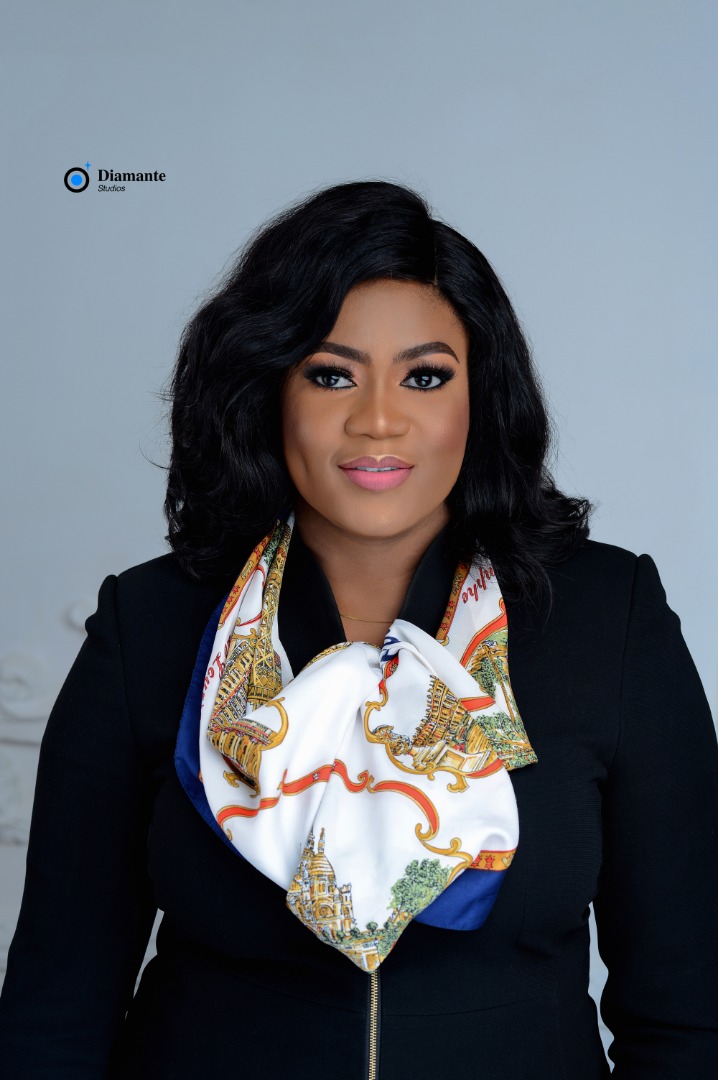At all material times, the responsibility for seeking local approval and obtaining foreign exchange approval in pursuance of any contract of international dimension between parties is on the party who needs the approval granted.
Thus, where a Claimant claims and asserts that a contract is null and void because at the time the contract was performed in January 2024 for the production and delivery of 40,000,000,000.00 GE cards, the prevailing CBN rate was N1305/$1 and the cost of repairs of 80 GE cards were done at N1500/$1 as against the contracted rate of N405/$1 in January 2022, is absurd and not acceptable.
This is because a party cannot be allowed to benefit from his failure to fulfill its duty timeously on the contract. See, Ngerem v. Crown Realities Plc (2021) 4 NWLR (Pt. 1767) 476 at 501, paras G-H.
It is morally wrong for a person who has benefited from an agreement to turn around and say that the agreement is null and void.
In pursuance of the principle that law should serve the public interest, the courts have evolved the technique of construction in the interpretation of statutes that no one should be allowed to benefit from his own wrong. The proposition that a man will not be allowed to take advantage of his own wrong is a salutary one that the court endorses. The effect is that the liberal meaning of the enactment is departed from where it would result in wrongful self-benefit. In other words, equity will not permit a party to benefit from his own wrong. See, Umezinne v. Ag Fed (2019) 11 NWLR (PT 1683) 358 at 377, Paras G.
The Claimant committed a wrong through late delivery of the cards. It was delayed for 2 years before the cards were delivered. The Claimant is a wrongdoer. It is trite that no wrongdoer is allowed to profit from his/her wrong. A party should not be allowed to benefit from his own wrong. This is encapsulated in the Latin maxim “nullus commodum capere potest de injuria sua propria”. See, Enekwe v. I.M.B. (Nig.) Ltd (2006) 19 NWLR (Pt. 1013) 146 at 181, paras A-B.
Thus, the court will not oblige a party to benefit from its own wrong or mischief. This is because it will not allow’ any person or party or body to benefit from his or its own wrong. See, Alade v Alic (Nig.) Ltd (2010) 19 NWLR (Pt. 1226) SC 111 @ 131, Paras. A-B.
In Egbo v. Candid (2023) 16 NWLR (Pt. 1911) 417 at 433, Paras, A-C, The Court of Appeal Per Hassan J.C.A held;
“A party is not allowed to rely on his wrong doing as an assault weapon. Equity acts in personam and it insists that whoever comes to justice must come with clean hands and heart. The court of Justice does not allow a party to benefit from his own inequity or indeligence.”
It cannot be overemphasized that the party asserting payment at the alleged exchange rate must prove by cogent and verifiable evidence, the exchange rate applicable as it relates to the circumstance because a party to a suit will not be given the advantage of his wrong doing.
LEGAL TIPS is anchored by Ms CIA Ofoegbunam, an Abuja-based lawyer who is passionate about legal practice. LEGAL TIPS offers quick hints on substantive law, as well as rules of practice and procedure, and serves as a handy reference guide to lawyers, especially in court. Published on a weekly basis, the LEGAL TIPS Series is CIA’s modest contribution to legal development in Nigeria.


wonderful issues altogether, you just gained a emblem new reader. What might you suggest in regards to your submit that you simply made a few days ago? Any sure?